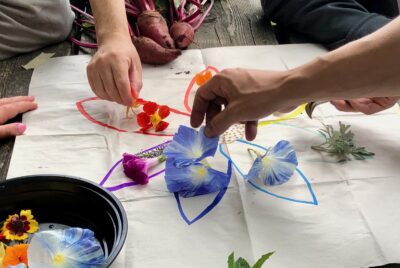RESEARCH
‘I Used to be a Gardener’: Connecting Aged Care Residents to Gardening and to Each Other Through Communal Garden Sites
Summary
The article explores the positive impact of communal gardening on aged care residents, focusing on how it facilitates social interactions and improves mental health. Gardening serves as a meaningful and enjoyable activity for residents, allowing them to bond with others, reminisce about their past experiences, and develop a sense of community. The study underscores the value of gardening as a therapeutic tool to promote well-being, offering both physical exercise and emotional benefits for elderly participants.
Additionally, the article stresses the importance of designing inclusive garden spaces to accommodate residents with varying physical abilities. Features such as raised garden beds and accessible pathways ensure that everyone can participate in gardening activities. Staff involvement is also critical to support residents and ensure their safety during these activities. By integrating communal gardening into aged care settings, the article concludes that such initiatives can significantly improve residents’ quality of life and foster a deeper sense of purpose and belonging.







